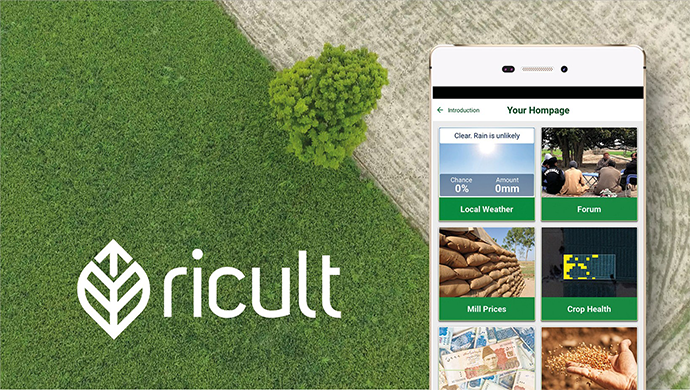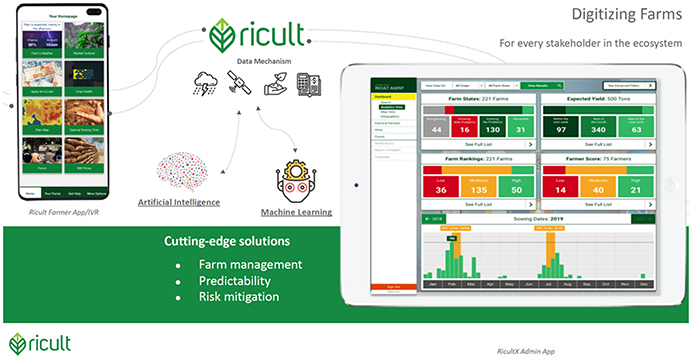
Last year, the global economy saw the worst economic contraction since the Great Depression in the 1930s. According to the International Monetary Fund, the economy shrunk by 4.4%.
This comes as no surprise. The pandemic has triggered nationwide shutdowns across the world, bringing entire industries like tourism, aviation, and hospitality to a grinding halt. Even with vaccination drives underway, travel restrictions, new waves and virus variants, and lower consumption levels continue to wreak havoc on the global market.
Unemployment rates surged with the closure of businesses, especially small- and medium-sized enterprises. Lockdowns, staff shortages, and logistical challenges led to supply chain disruptions. Stock markets crashed, with the Dow Jones recording its largest-ever single-day loss on 16 March last year.
Thailand, too, faced similar problems. Before the pandemic, tourism comprised about 20% of the country’s GDP, double that of the world average. Despite moves to open up the country — the once-bustling beach destination of Phuket, for example, is marketing itself as a quarantine-free experience for vaccinated travellers — new and more severe waves of infections continue to bring tourism to a standstill. The central bank even recently slashed its annual growth forecast from 4% to 1.8%.
But, if there is one silver lining to have come out of these lacklustre economic prospects, then it must be from the tech industry.
Accelerated digital transformation
With the pandemic forcing businesses online and spurring digital adoption, the tech industry is flourishing, and Thailand’s is no exception. Across Southeast Asia, there were 40 million new internet users, making it such that 70% of the region’s population is now online, according to the 2020 Google e-Conomy SEA report.
Within Thailand itself, 30% of internet users were new and adopted digital services precisely because of the pandemic. Even more promisingly, 95% of them intend to stay even after the pandemic is over. People are also online more than ever. Thais spend an average of 4.6 hours on the internet every day, an increase of almost an entire hour as compared to before the pandemic.
Also read: How Thai food supply chain startup Freshket weathered through the pandemic
It is no surprise, then, that the Thai startup ecosystem has successfully leveraged the acceleration of digital adoption.
Since the pandemic struck last year, some of Thailand’s startups have seen revenue growth in the double digits.
Among them is e-commerce solutions company eCommerce, which reported year-on-year growth of 130% last year. Since being established in 2013, the startup has seen consistent growth and raised a total of US$118.8 million. Another prolific startup is Lightnet, which provides blockchain-based fintech solutions. By zooming in on cross-border payment capabilities, the Bangkok-based startup has raised US$32.2 million so far.
Perhaps the most recent success story is that of Thailand’s first unicorn, which refers to a startup that is valued at more than US$1 billion. The title went to logistics firm Flash Group after it bagged US$150 million in its latest Series D+ and E funding rounds, merely three years into operations.
How Ricult addresses the agri-data gap with deep tech

Another up and coming player in the Thai startup ecosystem is Ricult, which uses deep tech, artificial intelligence (AI), and machine learning to streamline agricultural work.
Ricult hopes to help farmers process and manage their work efficiently and accurately. Their solution is straightforward: farmers can use Ricult’s app to obtain useful data and access agriculture-specific services, such as farm-specific weather, rain forecasts, bank loan applications, and remote crop health monitoring, in order to improve their yield and increase profitability.
Also read: Bringing the gold standard when it comes to gold trading powered by fintech
Ricult does this by collecting data from farmers across the country and selling this data to stakeholders. For example, farmers who use Ricult’s app log information such as farm coordinates, what kind of crops they grow, and the quality of their soil. On one end, this data is used to calculate useful information for farmers, such as credit scores. On the other end, this data, which is not usually readily available, is also passed onto external parties like financial institutions and agribusinesses.
The startup-slash-social enterprise, which also operates in Pakistan, ultimately aims to improve the quality of life for Thailand’s farmers and boost the sustainability of the food system.

Co-founder Aukrit Unahalekhaka grew up in a Thai family that was involved in agriculture and saw firsthand the problems that smallholder farmers dealt with. Challenges like supply chain fragmentation, lack of financing, and poor market access made farmers especially vulnerable.
During his stint as a graduate student at the Master’s at the Massachusetts Institute of Technology (MIT), he met Usman Javaid, who comes from Pakistan and observed the same issues in Pakistan’s agriculture industry. They decided to create a solution for these challenges and help uplift smallholder farmers — this eventually culminated in Ricult.
Most recently, Ricult closed a Pre-Series A fundraising round with a total funding of US$3.5 million, bringing their total fundraising to US$6 million to date. The latest investment will be used to expand its operations in Thailand and Pakistan and improve its product.
What makes Ricult truly unique is that they fulfil a niche in the system by providing hard-to-obtain data about smallholder farmers, while offering products and services for a large but underserved demographic.
Also read: How TikTok co-creation strategy is supercharging Southeast Asian SMBs
Ricult’s solutions have gained traction. Last year, the platform experienced blistering growth of 500%. Across both Thailand and Pakistan, Ricult serves almost 500,000 farmers and records more than US$300 million in crop value flowing on its platform. The startup also reports helping farmers increase revenue and farming productivity by at least 20%.
In the future, Ricult intends to expand to neighbouring countries such as Laos, Vietnam, and Indonesia.
“Despite the pandemic, Thailand has demonstrated its strength in a number of sectors, including food/agriculture and healthcare,” said Mr Unahalekhaka.
Because of Thailand’s resilience in several sectors, startups like Ricult were able to remain resilient and persevere. Thailand’s startups also benefit from being interwoven in a strong, supportive startup ecosystem that has managed to thrive amidst the pandemic. The country’s ecosystem is a growing one with a large pool of talent and potential, making it an ideal environment for any startup to grow, both during the pandemic and beyond.
– –
This article is part of NIA’s Startup Thailand Marketplace project.
The post How Thailand’s Ricult uses deep tech to improve the lives of smallholder farmers appeared first on e27.

